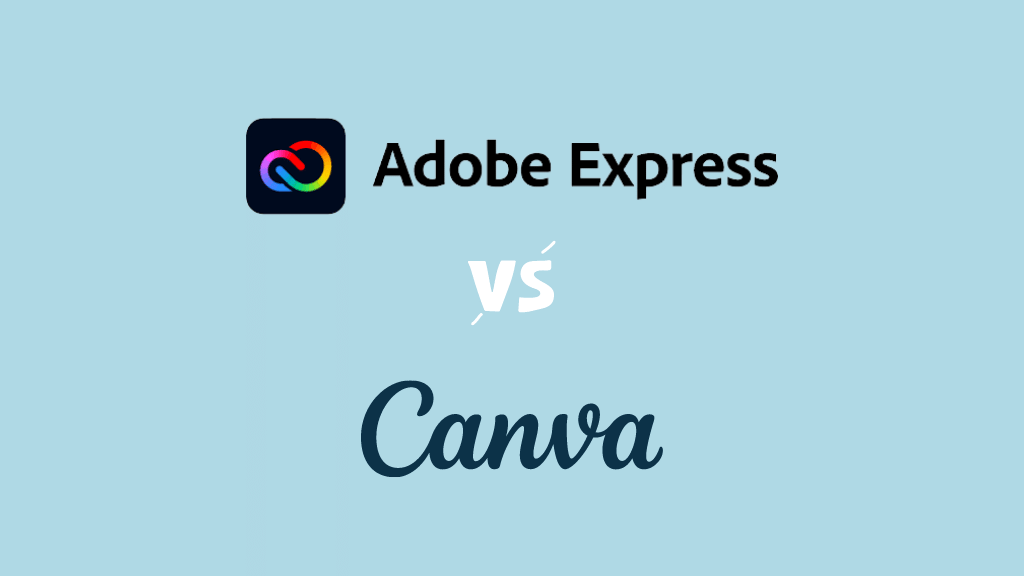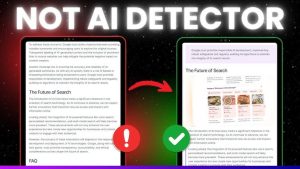Electric vs. Hybrid vs. Plug-In Hybrid: Which is Right for You?
In recent years, the world has witnessed a surge in interest in eco-friendly modes of transportation, particularly in the form of electric, hybrid, and plug-in hybrid vehicles. As environmental concerns gain traction and governments push for greener solutions, understanding the nuances between these vehicle types becomes crucial for anyone considering a new car purchase. Whether you’re drawn to the idea of zero emissions, the blend of power sources, or the flexibility of both electric and gasoline engines, making an informed decision is essential.
Understanding the Basics of Each Vehicle Type
When it comes to choosing the right vehicle, knowing the distinctions between electric vehicles (EVs), hybrid vehicles, and plug-in hybrid electric vehicles (PHEVs) is vital.
Electric Vehicles (EVs)
Electric vehicles rely entirely on electricity to power their motors. Charged via an external source, such as a home charger or a public station, these vehicles are celebrated for their zero emissions. EVs like the Tesla Model 3 typically offer impressive battery capacities and impressive ranges that can cover most daily commutes on a single charge. Moreover, advancements in charging stations and technology have made electric vehicles an increasingly viable option for many.
 Photo by Kindel Media
Photo by Kindel Media
Hybrid Vehicles
Hybrid vehicles bridge the gap between traditional gasoline engines and electric motors. Utilizing both power sources, they automatically switch between or simultaneously use the combustion engine and the electric motor to optimize fuel efficiency. Popular models like the Toyota Prius have demonstrated significant improvements in fuel consumption, reduced emissions, and an ability to adapt to various driving conditions seamlessly.
Plug-In Hybrid Vehicles (PHEVs)
Plug-in hybrids, such as the Chevrolet Volt, represent an evolution of the hybrid concept. Equipped with a larger battery, these vehicles can operate in an all-electric mode over short distances. Unlike standard hybrids, PHEVs allow you to plug them into an electrical outlet, facilitating more electric-only usage before switching to gasoline. This flexibility offers an attractive option for drivers wanting a compromise between electric and traditional fueling.
Pros and Cons of Each Vehicle Type
Each vehicle type brings its own set of advantages and challenges. Here’s a closer look:
Electric Vehicles: Advantages and Disadvantages
Electric vehicles boast substantial benefits like zero emissions, reduced noise pollution, and lower operating costs. However, potential buyers may deal with range anxiety—the fear that a vehicle cannot travel far enough on a single charge—and a still-growing charging infrastructure in certain areas.
Read more about the differences between EVs, hybrids, and PHEVs on MotorTrend.
Hybrid Vehicles: Advantages and Disadvantages
Hybrids offer increased fuel efficiency and lower emissions compared to traditional gasoline engines, making them a practical choice for those navigating urban traffic. Yet, they still depend on gasoline, and their electric-only driving range is minimal, often limited to short distances below typical city speed limits.
For further insight, visit Edmunds’ comparison of hybrid and electric vehicles.
Plug-In Hybrid Vehicles: Advantages and Disadvantages
Plug-in hybrids combine the perks of both worlds: the ability to run on electricity for short trips and the reliability of gasoline for longer distances. Regular charging is vital to leverage their electric capabilities fully, and they usually carry a heftier price tag related to their advanced battery systems.
Explore additional pros and cons in Car and Driver’s detailed article.
Factors to Consider When Choosing
There’s no one-size-fits-all answer when selecting a vehicle. Consider these factors to guide your decision:
Daily Commute and Driving Habits
Your driving patterns play a significant role in determining the right vehicle. Is your daily commute short and predictable, or do you frequently embark on long-distance trips? EVs may suit urban dwellers with short commutes, while hybrids and PHEVs cater well to mixed driving conditions.
Access to Charging Infrastructure
For EV and PHEV owners, having sufficient charging facilities at home and work is crucial. Without convenient access to chargers, the practicality of these vehicles diminishes, making hybrids a more accessible option for those in less EV-friendly regions.
Environmental Impact and Cost Considerations
The long-term savings on fuel and potential government incentives for eco-friendly cars can offset the initial purchase costs. Assess the environmental impact and running costs to determine the most sustainable choice for your lifestyle.
Conclusion
Choosing between electric, hybrid, and plug-in hybrid vehicles depends heavily on personal preferences and daily routines. Each vehicle type delivers unique benefits and potential drawbacks, but the clear goal remains: reducing carbon footprints and embracing a greener future. Evaluate your needs, weigh the advantages and disadvantages, and consider how each car type would fit into your life. After all, in the process of switching gears towards sustainability, every informed decision counts.














Post Comment